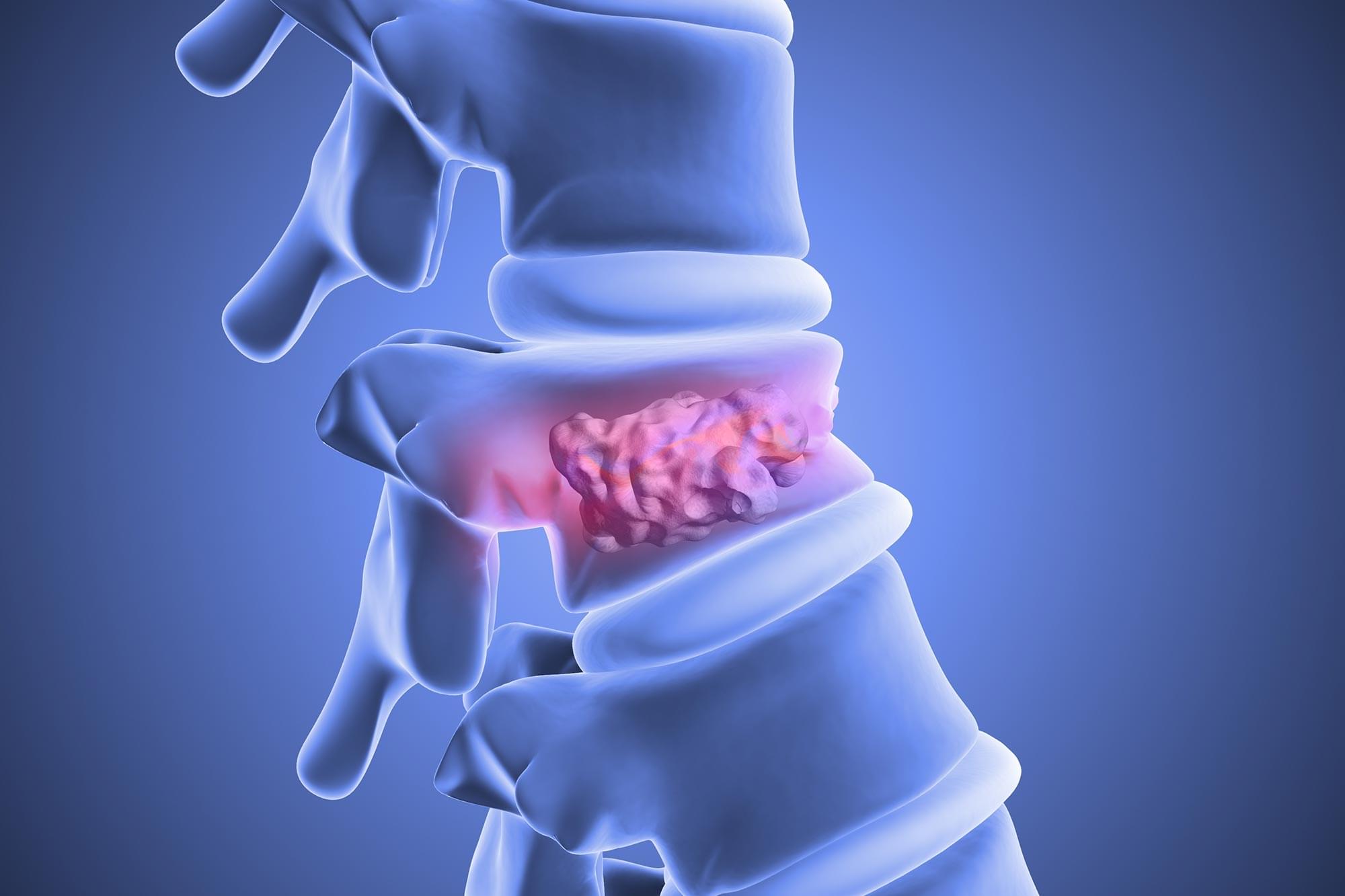India mandates undeletable Sanchar Saathi on new phones to curb fraud, spoofed IMEIs, and illegal telecom activity.






Google is facing backlash on X after a viral post for its NotebookLM appeared to use a food blogger’s work without credit.
Recently, Google launched Nano Banana Pro, its most powerful image model to date.
The model is likely trained on millions of websites and videos, which explains why it’s one of the best tools for generating realistic images.

The Glassworm campaign, which first emerged on the OpenVSX and Microsoft Visual Studio marketplaces in October, is now in its third wave, with 24 new packages added on the two platforms.
OpenVSX and the Microsoft Visual Studio Marketplace are both extension repositories for VS Code–compatible editors, used by developers to install language support, frameworks, tooling, themes, and other productivity add-ons.
The Microsoft marketplace is the official platform for Visual Studio Code, while OpenVSX is an open, vendor-neutral alternative used by editors who can’t or don’t use Microsoft’s proprietary store.

The popular open-source SmartTube YouTube client for Android TV was compromised after an attacker gained access to the developer’s signing keys, leading to a malicious update being pushed to users.
The compromise became known when multiple users reported that Play Protect, Android’s built-in antivirus module, blocked SmartTube on their devices and warned them of a risk.
The developer of SmartTube, Yuriy Yuliskov, admitted that his digital keys were compromised late last week, leading to the injection of malware into the app.

Microsoft plans to enhance the security of the Entra ID authentication system against external script injection attacks starting in mid-to-late October 2026.
This update will implement a strengthened Content Security Policy that allows script downloads only from Microsoft-trusted content delivery network domains and inline script execution only from Microsoft-trusted sources during sign-ins.
After rollout, it will protect users against various security risks, including cross-site scripting attacks in which attackers inject malicious code into websites to steal credentials or compromise systems.

Engineers have achieved a significant advance in the international effort to create energy storage technologies that combine rapid charging with strong power output, paving the way for next-generation systems in electric transportation, grid support and everyday electronics.
According to findings published in Nature Communications, the researchers have developed a new carbon-based material that enables supercapacitors to hold energy levels comparable to traditional lead-acid batteries while releasing that energy far more quickly than conventional battery designs.
